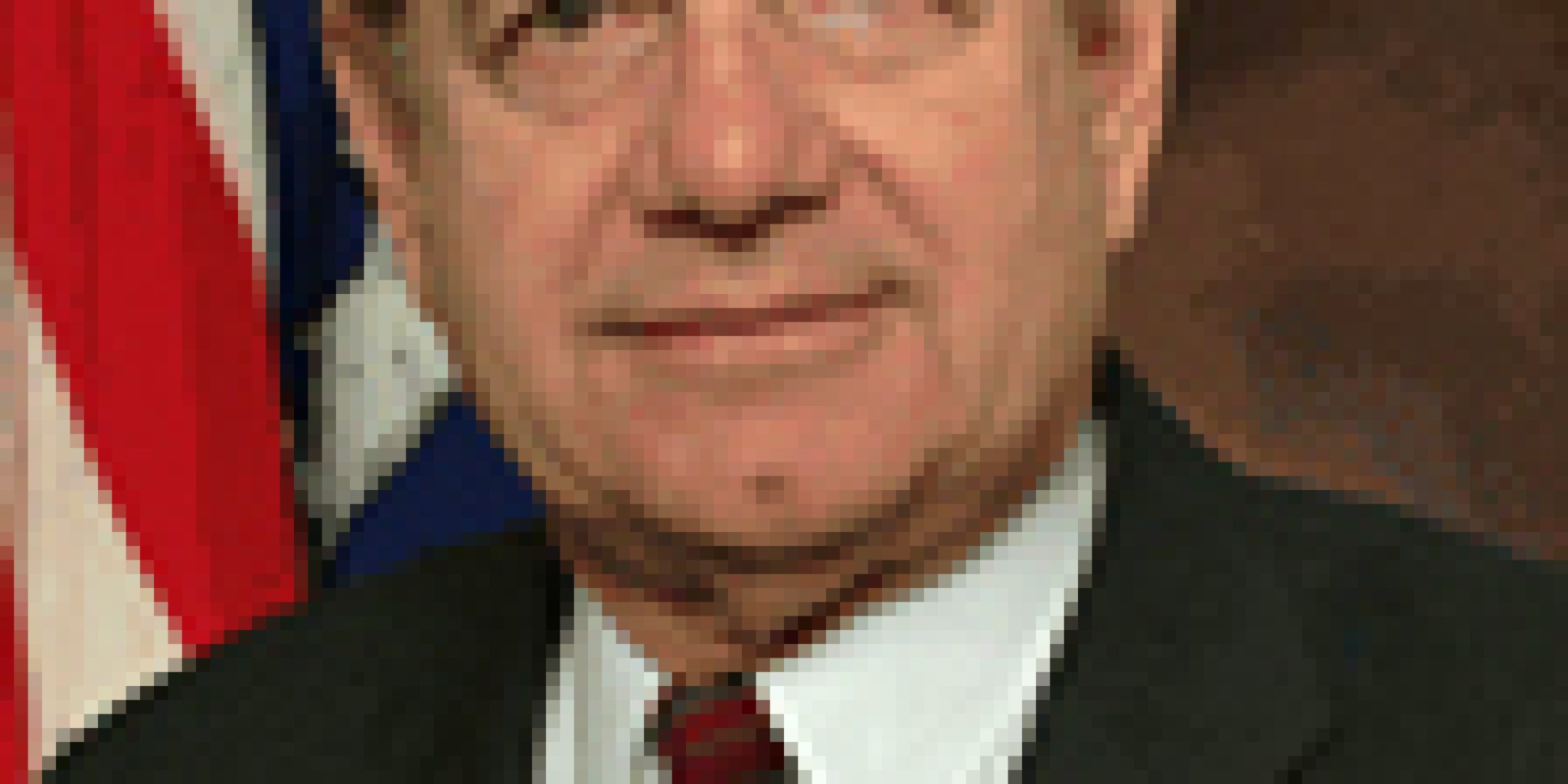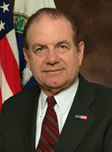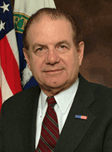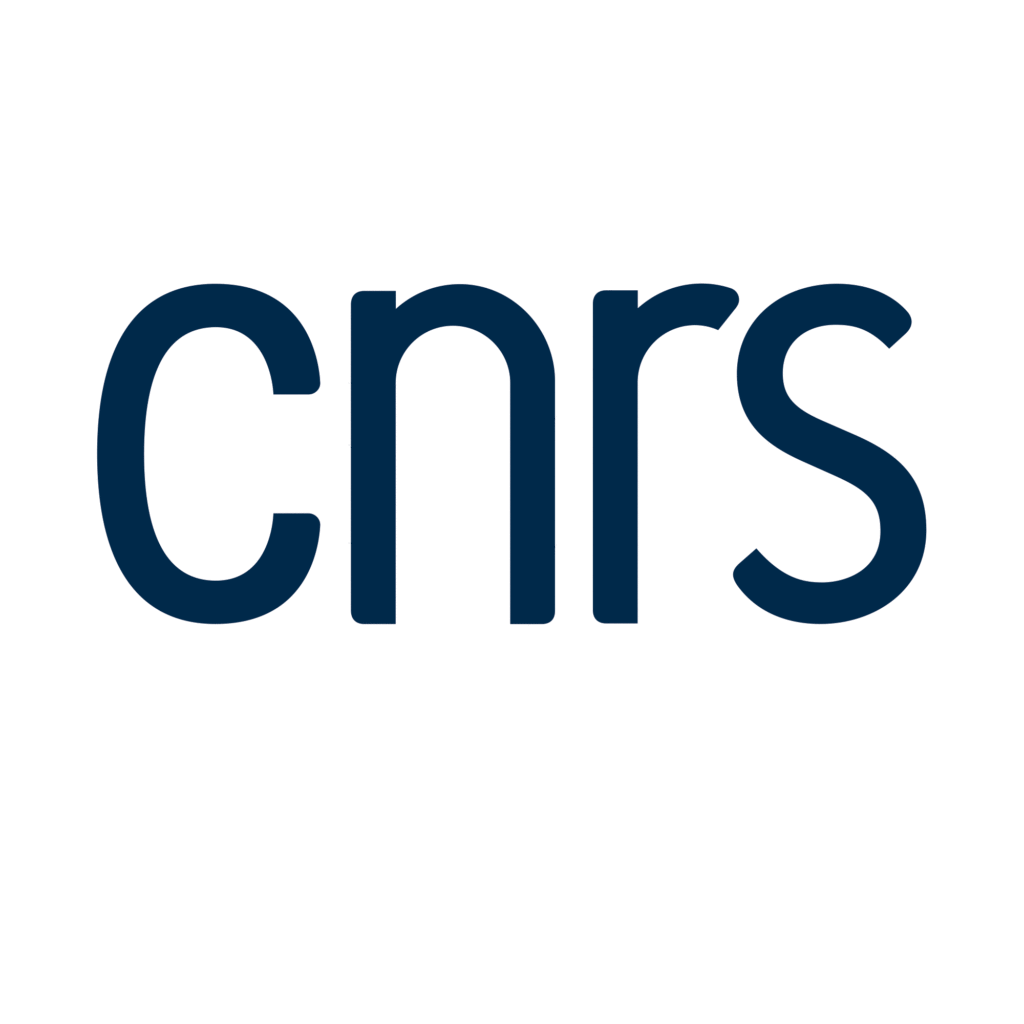
Speaker
Raymond Lee Orbach was sworn in by Secretary Samuel W. Bodman as the Department of Energy’s first Under Secretary for Science on June 1, 2006. President Bush nominated Dr. Orbach for the new position, created by the Energy Policy Act of 2005, on December 13, 2005, and he was unanimously confirmed by the U.S. Senate on May 26, 2006.
Dr. Orbach discussed the challenges and opportunities present for energy research in the domains of solar energy, electrical energy storage, bioenergy, nuclear energy, hydrogen economy, and fusion. He also spoke about the DOE Office of Science’s Energy Frontier Research Centers and cooperative international projects (e.g. ITER in France).
Biography

As Under Secretary for Science, Dr. Orbach serves as the Secretary’s advisor on science policy as well as on the scientific aspects of all that DOE does, from basic research, to nuclear energy, to the environmental clean-up of Cold War legacy sites, to defense programs. Dr. Orbach is responsible for planning, coordinating and overseeing the Energy Department’s research and development programs and its 17 national laboratories, as well as the department’s scientific and engineering education activities.
Secretary Bodman has tasked Dr. Orbach with the department’s implementation of the President’s American Competitiveness Initiative, which will help drive continued U.S. economic growth.
The Secretary also has charged Dr. Orbach with leading the Department’s efforts to transfer technologies from DOE national laboratories and facilities to the global marketplace, naming the Under Secretary for Science as the Department’s Technology Transfer Coordinator, in accordance with the Energy Policy Act, and as chair of the DOE Technology Transfer Policy Board, responsible for coordinating and implementing policies for the Department’s technology transfer activities.
Dr. Orbach continues to serve as the 14th Director of the Office of Science (SC) at the Department of Energy (DOE), a position he has held since the Senate confirmed him and he was sworn in in March 2002. In this capacity, Dr. Orbach manages an organization that is the third largest Federal sponsor of basic research in the United States, the primary supporter of the physical sciences in the U.S., and one of the premier science organizations in the world.
The SC fiscal year 2008 budget of $4.0 billion funds billion funds programs in high energy and nuclear physics, basic energy sciences, magnetic fusion energy, biological and environmental research, and computational science. SC, formerly the Office of Energy Research, also provides management oversight of 10 DOE non-weapons laboratories, supports researchers at more than 300 colleges and universities nationwide, and builds and operates the world’s finest suite of scientific facilities and instruments used annually by more than 19,000 researchers world-wide to extend the frontiers of science.
From 1992 to 2002, Dr. Orbach served as Chancellor of the University of California (UC), Riverside. Under his leadership, UC Riverside doubled in size, achieved national and international recognition in research, and led the University of California in diversity and educational opportunity. In addition to his administrative duties at UC Riverside, sustained an active research program; worked with postdoctoral, graduate, and undergraduate students in his laboratory; and taught the freshman physics course each year. As Distinguished Professor of Physics, Dr. Orbach set the highest standards for academic excellence.
Dr. Orbach began his academic career as a postdoctoral fellow at Oxford University in 1960 and became an assistant professor of applied physics at Harvard University in 1961. He joined the faculty of the University of California, Los Angeles (UCLA) two years later as an associate professor, and became a full professor in 1966. From 1982 to 1992, he served as the Provost of the College of Letters and Science at UCLA.
Dr. Orbach’s research in theoretical and experimental physics has resulted in the publication of more than 240 scientific articles. He has received numerous honors as a scholar including two Alfred P. Sloan Foundation Fellowships, a National Science Foundation Senior Postdoctoral Fellowship at Oxford University, a John Simon Guggenheim Memorial Foundation Fellowship at Tel Aviv University, the Joliot Curie Professorship at the Ecole Superieure de Physique et Chimie Industrielle de la Ville de Paris, the Lorentz Professorship at the University of Leiden in the Netherlands, the 1991-1992 Andrew Lawson Memorial Lecturer at UC Riverside, the 2004 Arnold O. Beckman Lecturer in Science and Innovation at the University of Illinois at Urbana-Champaign, and the Outstanding Alumni Award from the California Institute of Technology in 2005.
Dr. Orbach is a fellow of the American Physical Society and the American Association for the Advancement of Science. Dr. Orbach has also held numerous visiting professorships at universities around the world. These include the Catholic University of Leuven in Belgium, Tel Aviv University, and the Imperial College of Science and Technology in London. He also serves as a member of 20 scientific, professional, and civic boards.
Dr. Orbach received his Bachelor of Science degree in Physics from the California Institute of Technology in 1956. He received his Ph.D. degree in Physics from the University of California, Berkeley, in 1960 and was elected to Phi Beta Kappa.
Documents
Dr. Orbach’s remarks on supercomputing:
High Performance Computing – Scientific Discovery and the Importance of Collaboration
Documents joints

 As Under Secretary for Science, Dr. Orbach serves as the Secretary’s advisor on science policy as well as on the scientific aspects of all that DOE does, from basic research, to nuclear energy, to the environmental clean-up of Cold War legacy sites, to defense programs. Dr. Orbach is responsible for planning, coordinating and overseeing the Energy Department’s research and development programs and its 17 national laboratories, as well as the department’s scientific and engineering education activities.
Secretary Bodman has tasked Dr. Orbach with the department’s implementation of the President’s American Competitiveness Initiative, which will help drive continued U.S. economic growth.
The Secretary also has charged Dr. Orbach with leading the Department’s efforts to transfer technologies from DOE national laboratories and facilities to the global marketplace, naming the Under Secretary for Science as the Department’s Technology Transfer Coordinator, in accordance with the Energy Policy Act, and as chair of the DOE Technology Transfer Policy Board, responsible for coordinating and implementing policies for the Department’s technology transfer activities.
Dr. Orbach continues to serve as the 14th Director of the Office of Science (SC) at the Department of Energy (DOE), a position he has held since the Senate confirmed him and he was sworn in in March 2002. In this capacity, Dr. Orbach manages an organization that is the third largest Federal sponsor of basic research in the United States, the primary supporter of the physical sciences in the U.S., and one of the premier science organizations in the world.
The SC fiscal year 2008 budget of $4.0 billion funds billion funds programs in high energy and nuclear physics, basic energy sciences, magnetic fusion energy, biological and environmental research, and computational science. SC, formerly the Office of Energy Research, also provides management oversight of 10 DOE non-weapons laboratories, supports researchers at more than 300 colleges and universities nationwide, and builds and operates the world’s finest suite of scientific facilities and instruments used annually by more than 19,000 researchers world-wide to extend the frontiers of science.
From 1992 to 2002, Dr. Orbach served as Chancellor of the University of California (UC), Riverside. Under his leadership, UC Riverside doubled in size, achieved national and international recognition in research, and led the University of California in diversity and educational opportunity. In addition to his administrative duties at UC Riverside, sustained an active research program; worked with postdoctoral, graduate, and undergraduate students in his laboratory; and taught the freshman physics course each year. As Distinguished Professor of Physics, Dr. Orbach set the highest standards for academic excellence.
Dr. Orbach began his academic career as a postdoctoral fellow at Oxford University in 1960 and became an assistant professor of applied physics at Harvard University in 1961. He joined the faculty of the University of California, Los Angeles (UCLA) two years later as an associate professor, and became a full professor in 1966. From 1982 to 1992, he served as the Provost of the College of Letters and Science at UCLA.
Dr. Orbach’s research in theoretical and experimental physics has resulted in the publication of more than 240 scientific articles. He has received numerous honors as a scholar including two Alfred P. Sloan Foundation Fellowships, a National Science Foundation Senior Postdoctoral Fellowship at Oxford University, a John Simon Guggenheim Memorial Foundation Fellowship at Tel Aviv University, the Joliot Curie Professorship at the Ecole Superieure de Physique et Chimie Industrielle de la Ville de Paris, the Lorentz Professorship at the University of Leiden in the Netherlands, the 1991-1992 Andrew Lawson Memorial Lecturer at UC Riverside, the 2004 Arnold O. Beckman Lecturer in Science and Innovation at the University of Illinois at Urbana-Champaign, and the Outstanding Alumni Award from the California Institute of Technology in 2005.
Dr. Orbach is a fellow of the American Physical Society and the American Association for the Advancement of Science. Dr. Orbach has also held numerous visiting professorships at universities around the world. These include the Catholic University of Leuven in Belgium, Tel Aviv University, and the Imperial College of Science and Technology in London. He also serves as a member of 20 scientific, professional, and civic boards.
Dr. Orbach received his Bachelor of Science degree in Physics from the California Institute of Technology in 1956. He received his Ph.D. degree in Physics from the University of California, Berkeley, in 1960 and was elected to Phi Beta Kappa.
As Under Secretary for Science, Dr. Orbach serves as the Secretary’s advisor on science policy as well as on the scientific aspects of all that DOE does, from basic research, to nuclear energy, to the environmental clean-up of Cold War legacy sites, to defense programs. Dr. Orbach is responsible for planning, coordinating and overseeing the Energy Department’s research and development programs and its 17 national laboratories, as well as the department’s scientific and engineering education activities.
Secretary Bodman has tasked Dr. Orbach with the department’s implementation of the President’s American Competitiveness Initiative, which will help drive continued U.S. economic growth.
The Secretary also has charged Dr. Orbach with leading the Department’s efforts to transfer technologies from DOE national laboratories and facilities to the global marketplace, naming the Under Secretary for Science as the Department’s Technology Transfer Coordinator, in accordance with the Energy Policy Act, and as chair of the DOE Technology Transfer Policy Board, responsible for coordinating and implementing policies for the Department’s technology transfer activities.
Dr. Orbach continues to serve as the 14th Director of the Office of Science (SC) at the Department of Energy (DOE), a position he has held since the Senate confirmed him and he was sworn in in March 2002. In this capacity, Dr. Orbach manages an organization that is the third largest Federal sponsor of basic research in the United States, the primary supporter of the physical sciences in the U.S., and one of the premier science organizations in the world.
The SC fiscal year 2008 budget of $4.0 billion funds billion funds programs in high energy and nuclear physics, basic energy sciences, magnetic fusion energy, biological and environmental research, and computational science. SC, formerly the Office of Energy Research, also provides management oversight of 10 DOE non-weapons laboratories, supports researchers at more than 300 colleges and universities nationwide, and builds and operates the world’s finest suite of scientific facilities and instruments used annually by more than 19,000 researchers world-wide to extend the frontiers of science.
From 1992 to 2002, Dr. Orbach served as Chancellor of the University of California (UC), Riverside. Under his leadership, UC Riverside doubled in size, achieved national and international recognition in research, and led the University of California in diversity and educational opportunity. In addition to his administrative duties at UC Riverside, sustained an active research program; worked with postdoctoral, graduate, and undergraduate students in his laboratory; and taught the freshman physics course each year. As Distinguished Professor of Physics, Dr. Orbach set the highest standards for academic excellence.
Dr. Orbach began his academic career as a postdoctoral fellow at Oxford University in 1960 and became an assistant professor of applied physics at Harvard University in 1961. He joined the faculty of the University of California, Los Angeles (UCLA) two years later as an associate professor, and became a full professor in 1966. From 1982 to 1992, he served as the Provost of the College of Letters and Science at UCLA.
Dr. Orbach’s research in theoretical and experimental physics has resulted in the publication of more than 240 scientific articles. He has received numerous honors as a scholar including two Alfred P. Sloan Foundation Fellowships, a National Science Foundation Senior Postdoctoral Fellowship at Oxford University, a John Simon Guggenheim Memorial Foundation Fellowship at Tel Aviv University, the Joliot Curie Professorship at the Ecole Superieure de Physique et Chimie Industrielle de la Ville de Paris, the Lorentz Professorship at the University of Leiden in the Netherlands, the 1991-1992 Andrew Lawson Memorial Lecturer at UC Riverside, the 2004 Arnold O. Beckman Lecturer in Science and Innovation at the University of Illinois at Urbana-Champaign, and the Outstanding Alumni Award from the California Institute of Technology in 2005.
Dr. Orbach is a fellow of the American Physical Society and the American Association for the Advancement of Science. Dr. Orbach has also held numerous visiting professorships at universities around the world. These include the Catholic University of Leuven in Belgium, Tel Aviv University, and the Imperial College of Science and Technology in London. He also serves as a member of 20 scientific, professional, and civic boards.
Dr. Orbach received his Bachelor of Science degree in Physics from the California Institute of Technology in 1956. He received his Ph.D. degree in Physics from the University of California, Berkeley, in 1960 and was elected to Phi Beta Kappa.

